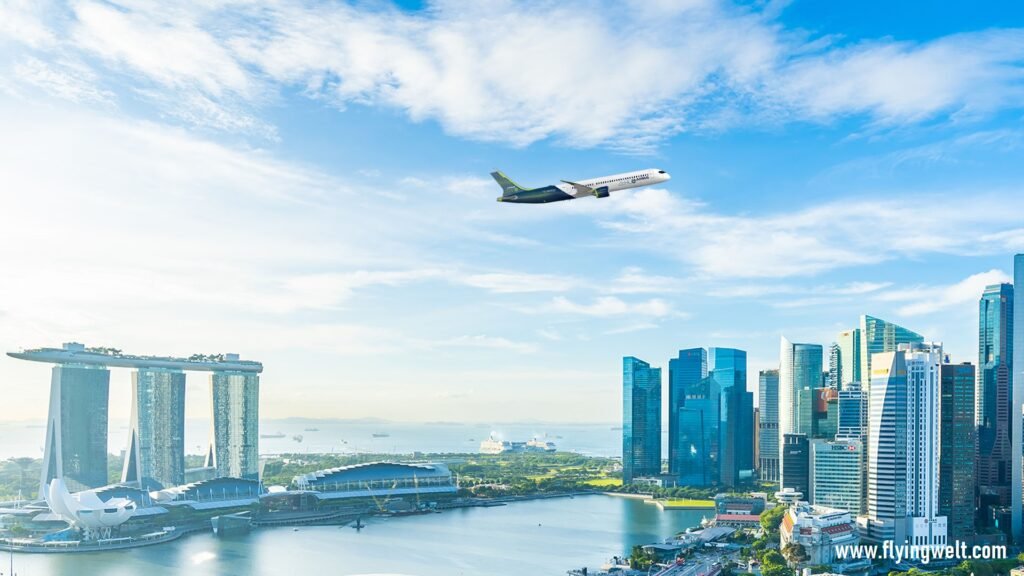In the pursuit of a greener aviation future, Singapore is embarking on an ambitious journey towards hydrogen-powered flight. The Singapore Hydrogen Cooperation Committee, a collaborative effort between industry giants Airbus, Changi Airport Group, Civil Aviation Authority of Singapore (CAAS), and Linde, is spearheading this groundbreaking initiative. Formed in February 2022, the committee aims to lay the groundwork for incorporating hydrogen fuel as a key component of the state’s aviation decarbonisation strategy.
Since its inception, the committee has delved into extensive research, analyzing regional and local market dynamics, supply chain intricacies, and infrastructure requirements essential for establishing a robust hydrogen ecosystem tailored for aviation in the city-state. While the technology to utilize liquid hydrogen for aircraft propulsion is still in its nascent stage, the committee’s early technical feasibility study is paving the way for Singapore to embrace hydrogen seamlessly when the technology matures.
Sabine Klauke, Chief Technology Officer at Airbus, underscores the region’s growing interest in hydrogen investments, emphasizing its potential as a long-term decarbonisation pathway for aircraft operations. With projections indicating Singapore’s aviation sector could consume up to 600 tonnes of liquid hydrogen daily by 2050, the committee is actively exploring infrastructure scenarios to support its progressive deployment, particularly at Changi Airport, a pivotal hub in the Asia-Pacific region.
However, the transition to hydrogen-powered aviation entails careful consideration of various factors beyond technological advancements. Mr. Han Kok Juan, Director-General of CAAS, stresses the importance of aligning with the International Civil Aviation Organization’s net-zero carbon emissions goal by 2050 while acknowledging the need for sustained efforts in sustainable aviation fuel adoption and monitoring hydrogen technology development.
Ms. Poh Li San from Changi Airport Group highlights the industry’s cautious approach, recognizing the myriad uncertainties surrounding hydrogen technology’s operational, safety, regulatory, and economic aspects. Taking a phased approach, air hubs like Changi Airport are meticulously studying how best to integrate hydrogen into aviation operations.
John Panikar, EVP and CEO APAC at Linde, echoes the sentiment, emphasizing hydrogen’s dual role in reducing emissions both in-flight and on the ground. Leveraging Linde’s extensive experience in the hydrogen sector, the company is committed to advancing hydrogen’s potential in aviation.
Looking ahead, the committee emphasizes the importance of monitoring key signposts in technology maturity, concept of operations development, regulatory frameworks, supply chain readiness, airport infrastructure, and hydrogen pricing. These markers will guide Singapore’s preparedness for embracing hydrogen-powered aviation when all essential elements align.
In essence, Singapore’s visionary approach towards hydrogen-powered aviation exemplifies its commitment to sustainable innovation and underscores its pivotal role in shaping the future of global air travel. As the world looks towards cleaner skies, Singapore stands at the forefront of revolutionizing aviation through hydrogen.
